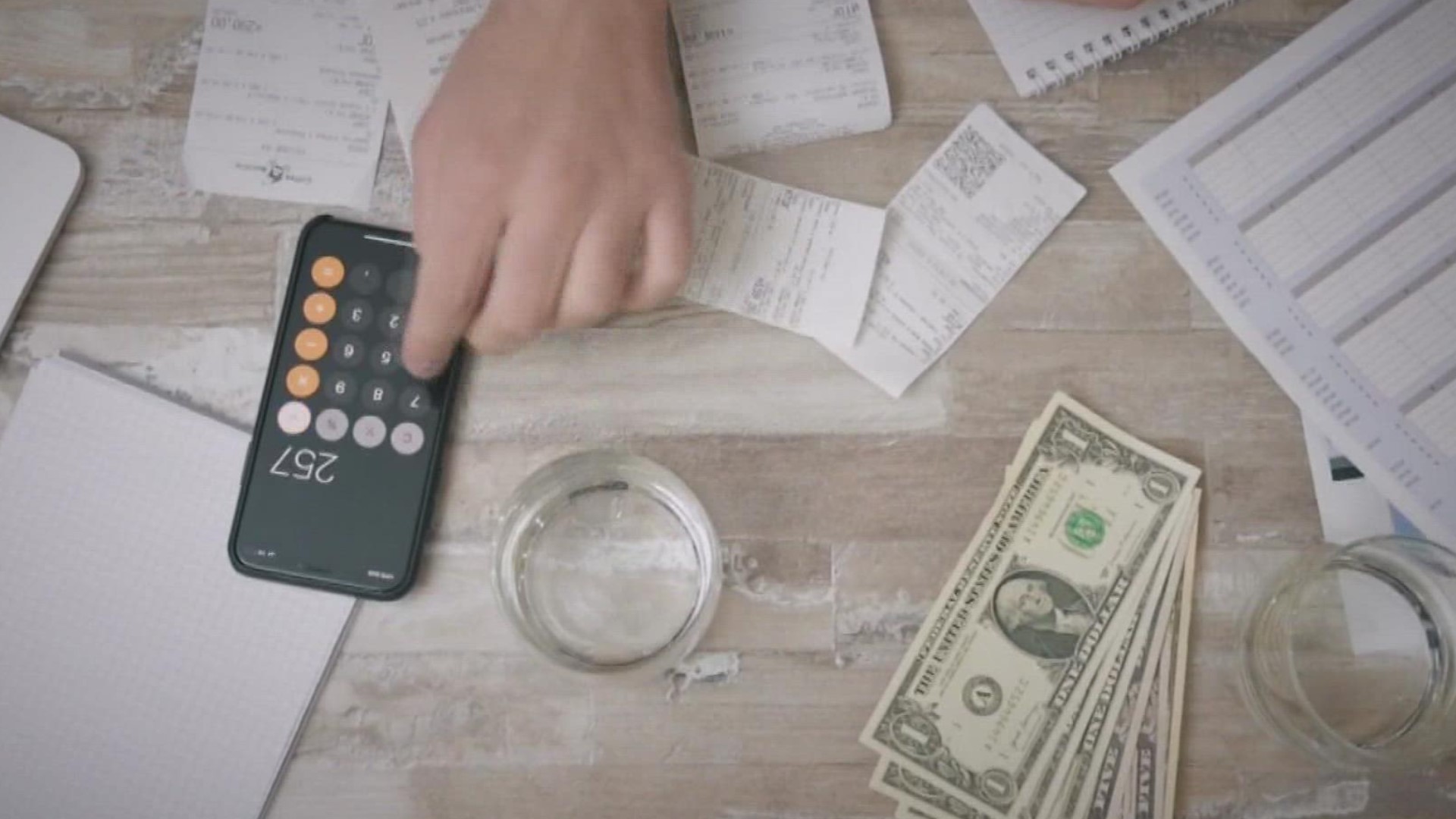ATLANTA — The Biden Administration announced it's easing $9 billion in student loan debt Wednesday.
Borrowers may be wondering if it affects them and how to check.
Student loan payments resumed in October. Borrowers, like Dom Kelly, are looking for any relief they can get.
"I have about $150,000 of student loans, between undergrad and grad school," Kelly said.
This new wave of student debt forgiveness includes help for 125,000 more people in debt.
"My wife also has student loans. And we have a new baby," Kelly said, "So, with now having to pay - it kind of changes our financial situation."
However, Kelly said there is a community of people, often forgotten, who really need the help.
"I talk to people in the disability community, every day, who are facing the realities of our economy," Kelly said.
Kelly has cerebral palsy and advocates for others through the organization New Disabled South. The $9 billion of relief includes canceled debt for borrowers with total and permanent disabilities who have been identified and approved for discharge through a data match with the Social Security Administration, as well as those who use income-drive repayment plans who've been paying for more than 20 years and public service workers.
"Some individuals are disabled, have no income," Kelly said, "They're going to be looking more on the total forgiveness."
Kelly said it's often not that simple. It may be difficult for patients to get a diagnosis or to qualify for Social Security.
"You have to be able to prove that you can no longer work if you have total and permanent disabilities," Kelly said. "There are so many barriers that are in the way."
If you think you fall into one of these categories, financial expert Bradley Rosen said gather your financial documents and head to studentaid.gov.
"It's going to have every resource you need to find out how you can qualify and what the parameters would be," Rosen said.
Rosen also says if you're a military veteran, a teacher, or if you've been paying back loans for 20 years, it still doesn't hurt to see if you qualify. And even if you're not eligible for any of these benefits, Rosen said you can hold things off until you're ready.
"The government is giving us from October right now until September of 2024," Rosen said, "If you can't make your payment, you're not going to go into delinquency. You're not going to have your credit dinged."
After September 2024, Rosen said you may still qualify for a few more years of reprieve, but pay what you can on your loans because it will benefit you in the long run. Borrowers should also look into the SAVE program which assists low-income workers.
You can reach out to his business, Longevity Financial, for guidance.

